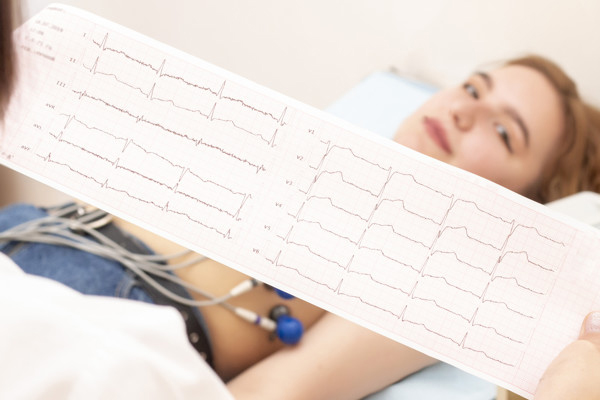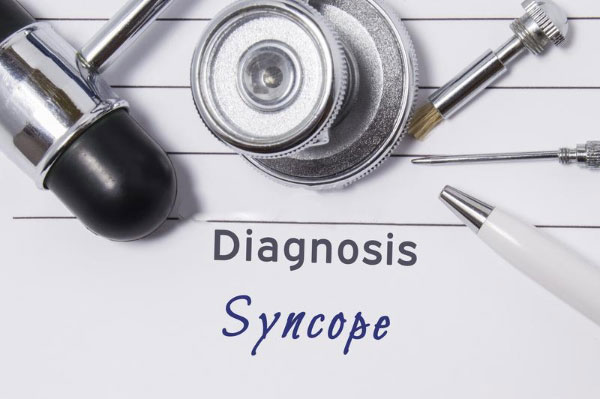
Syncope
Loss of consciousness, for which the underlying reason is not readily apparent, is known as syncope. Syncope affects up to a million Americans every year and represents a significant concern for patients and clinicians alike. Beyond the underlying condition that can be troublesome, sudden syncopal episodes or fainting can create a dangerous situation for the patient. Patients may fall unexpectedly and injure themselves and syncope can even be fatal in certain circumstances such as if the patient is swimming, driving or performing other activities that requires heightened alertness to maintain safety.
What Causes Syncope?
Most syncope is caused low blood pressure which deprived the brain of vital blood supply. However, the underlying causes of this reduction in blood pressure can be due to a number of causes - cardiac and non-cardiac. Non-cardiac causes can range from dehydration and reaction to medications to pain, nausea and other nerve reflexes that lead to the pooling of blood in lower extremities.
Cardiac syncope often occurs due to arrhythmia - the abnormal beating of the heart. Typically, this occurs with a slow heartbeat known as bradycardia. Ventricular tachycardia, a dangerous rapid heartbeat that can cause sudden death, is also a cause of syncope. Supraventricular tachycardia, or rapid heart rate from the upper chambers, can be the cause in other cases. Cardiac-related syncope could be related to age, medication or associated heart disease. Some events may have a root cause in genetics or family history.
Diagnosis of Syncope
As with any medical condition of which the exact cause is unknown, we begin with a complete medical history including physical examination. This will go a long way in determining what the root cause may be, especially if the patient has a history of heart disease. Using a variety of tests, we look to either confirm or rule-out non-cardiac events as the cause of syncope.
If there is evidence that the syncope may be caused by an arrhythmia, we have a number of diagnostic tests available to help the diagnosis. If the frequency of episodes warrants, we may send the patient home with a Holter or Event Monitor - this can offer a more precise reading of syncopal events than an in-office EKG (which only offers a snapshot in time).
It is important to know that with so many potential causes, and the difficulty of knowing exactly what is happening in the body during sporadic episodes, the cause of syncope may ultimately not be definitely discovered, despite exhaustive testing.

Treatment for Syncope
Of course, Cardio rhythm specialist advice for syncope largely depends on the diagnosis. If the syncope is not caused by an arrhythmia, then medications and exercises can often help reduce or eliminate the low blood pressure scenario.
Cardiac events will be addressed based on the specific arrhythmia in question. Certain medications, cardiac catheter ablation, pacemakers or ICDs are used to treat and avoid further episodes. Occasionally, a patient activated loop recorder (known as an ILR or Linq) can be implanted under the skin to watch the heart rhythm for up to 3 years. In some cases, medication may at least make the episodes more tolerable. In cases where the diagnosis cannot be established with a monitoring device, your physician may suggest an EP Study during which a catheter ablation can be performed, if the diagnosis is conclusive.
Need a Doctor for Check-up?
Diagnosis, Diagnostics, and Efficient Physician Consultation Plans All healthcare plans are accepted. Visit our qualified team of physicians today!
